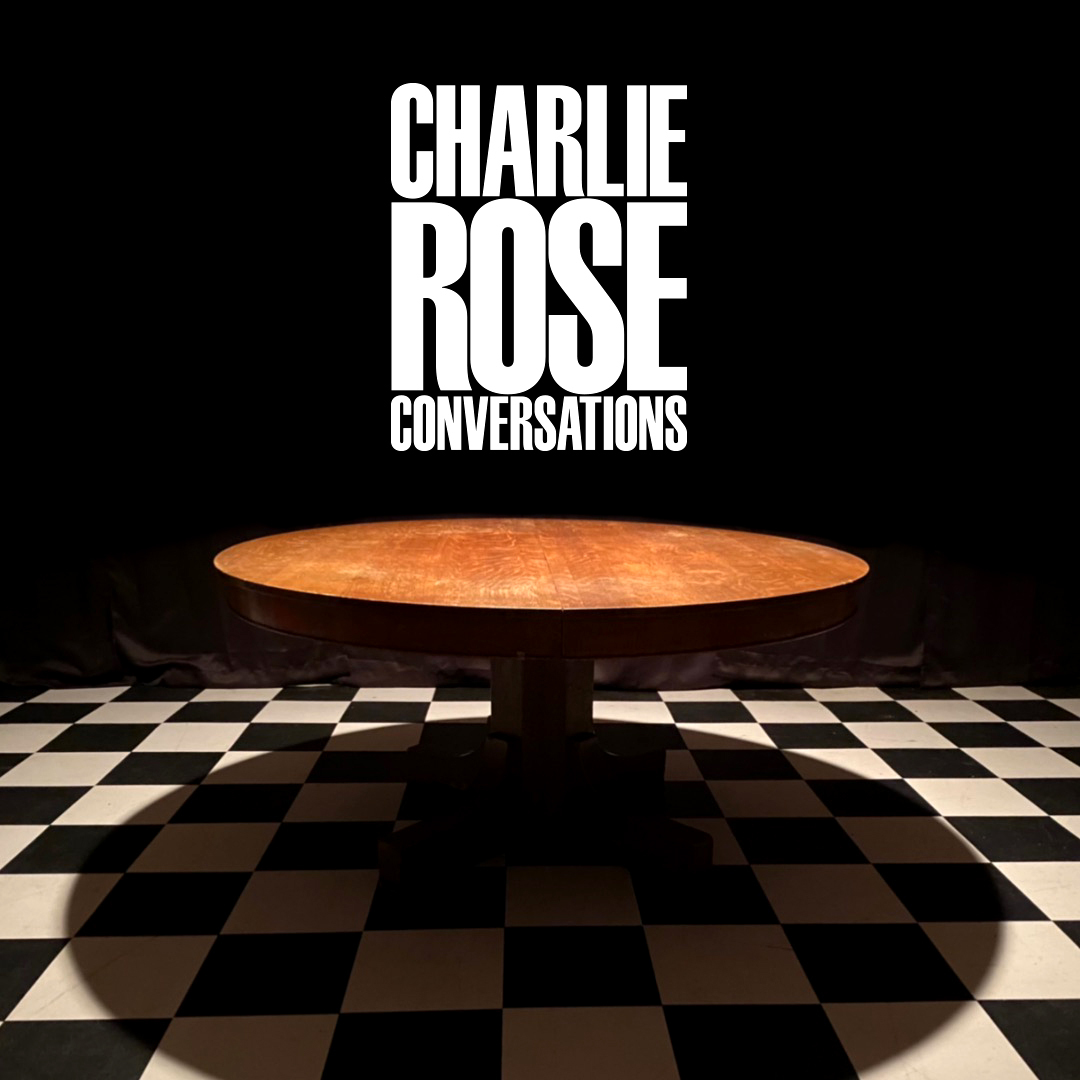
New York Times columnist Bret Stephens on politics, war, and the great debate of the 21st century.
Click the link above for the full conversation.
- October 24 2025
- October 14 2025
- October 13 2025
- October 08 2025
- October 04 2025
- October 02 2025
- September 30 2025
- September 21 2025
- September 16 2025
- September 10 2025
- September 05 2025
- August 22 2025
- July 18 2025
- December 29 2024
- December 09 2024
- November 27 2024
- September 20 2024
- September 10 2024
- August 29 2024
- August 13 2024
- February 20 2024
- February 16 2024
- January 11 2024
- December 26 2023
- December 24 2023
- December 12 2023
- December 04 2023
- November 14 2023
- November 02 2023
- November 01 2023
- October 20 2023
- October 12 2023
- July 28 2023
- March 09 2023
- March 06 2023
- October 07 2022
- September 03 2022
- August 16 2022
- August 03 2022
- June 20 2022
- June 09 2022
- May 27 2022
- May 17 2022
- May 10 2022
- April 14 2022
Bret Stephens
Bret Stephens is an opinion columnist for the New York Times. He is co-author with Gail Collins of the popular column, The Conversation.
He joined the New York Times in 2017 from The Wall Street Journal, where he had been an op-ed editor and columnist. He received a Pulitzer Prize in 2013. He was formerly editor-in-chief of the Jerusalem Post (2002-2004) and is now editor-in-chief of Sapir: A Journal of Jewish Conversations. Stephens is a graduate of the University of Chicago and attended the London School of Economics.
In 2014, he published “America in Retreat: The New Isolationism and the Coming Global Disorder.”
Bret Stephens’ columns reflect his opposition to former President Trump.
While a never-Trumper, he understands Trump’s political rise.
While Stephens says he could have voted for President Joe Biden, he has concerns about the candidacy of Vice President Harris:
Bret Stephens writes often about large themes as he looks at the great struggles of our age:
While a strong and articulate believer in classical liberalism, nothing defines Stephens more than his passion for Israel:
As passionate as he is for Israel and Zionism, Stephens opposes the current Prime Minister Benjamin Netanyahu.
Bret Stephens on Naftali Bennet
Stephens’ most recent column examines the short-lived term of former Israeli prime minister Naftali Bennet, and how those lessons could be applied to the current situation in Israel and Gaza.
- Prev
-
August 13 2024
- October 24 2025
- October 14 2025
- October 13 2025
- October 08 2025
- October 04 2025
- October 02 2025
- September 30 2025
- September 21 2025
- September 16 2025
- September 10 2025
- September 05 2025
- August 22 2025
- July 18 2025
- December 29 2024
- December 09 2024
- November 27 2024
- September 20 2024
- September 10 2024
- August 29 2024
- August 13 2024
- February 20 2024
- February 16 2024
- January 11 2024
- December 26 2023
- December 24 2023
- December 12 2023
- December 04 2023
- November 14 2023
- November 02 2023
- November 01 2023
- October 20 2023
- October 12 2023
- July 28 2023
- March 09 2023
- March 06 2023
- October 07 2022
- September 03 2022
- August 16 2022
- August 03 2022
- June 20 2022
- June 09 2022
- May 27 2022
- May 17 2022
- May 10 2022
- April 14 2022
- Next

